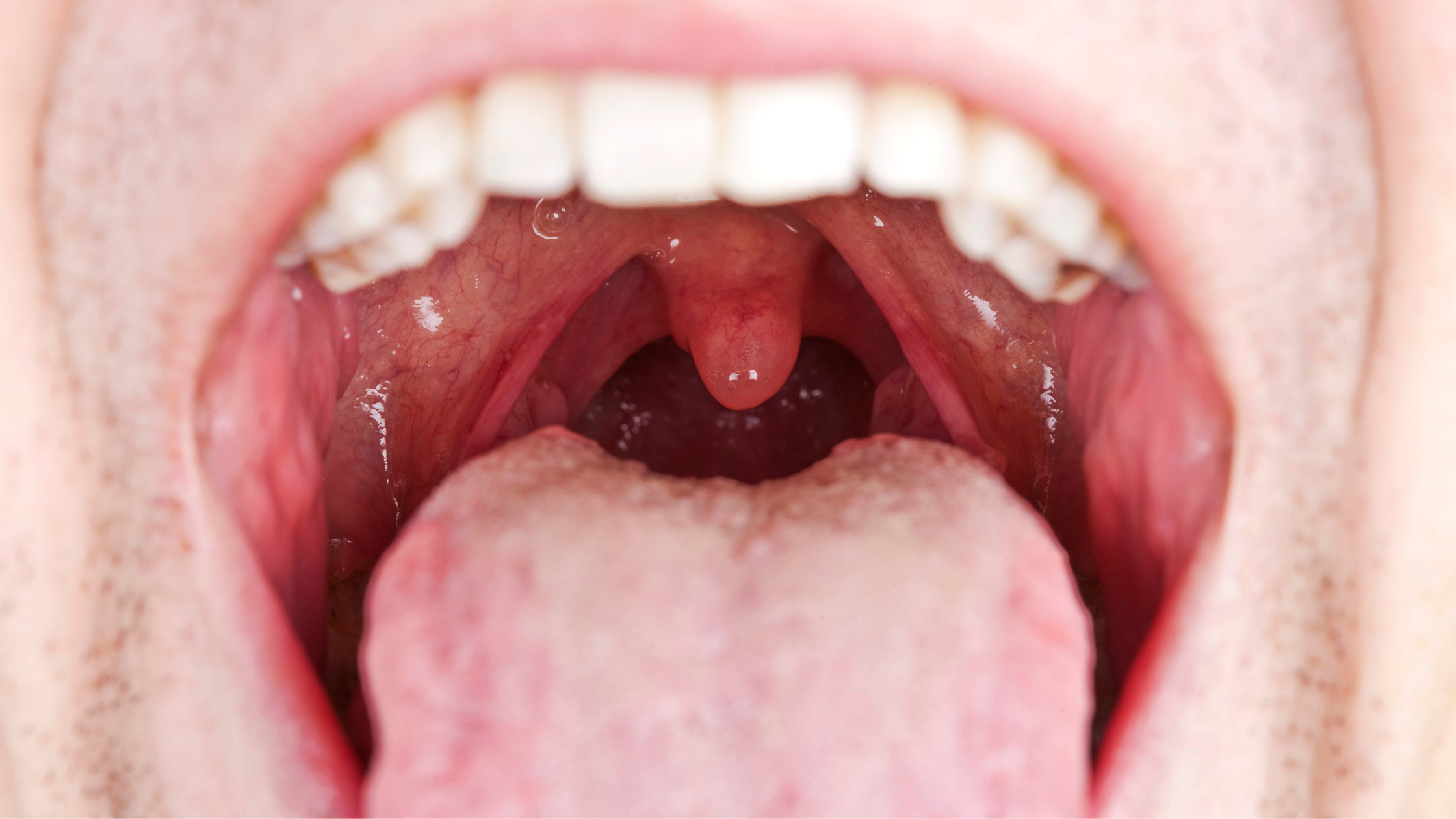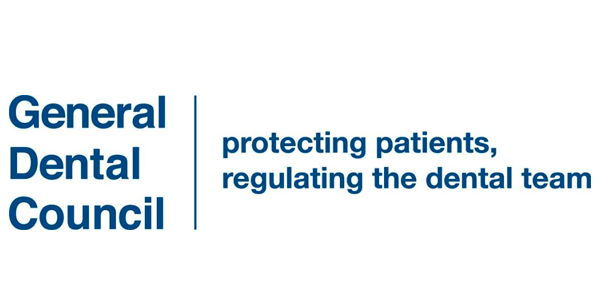Saliva is an important part to your oral hygiene as it helps keep your teeth strong, your mouth lubricated and removes food debris from your mouth.
What is saliva?
Saliva, or spit, is a fluid produced by the salivary glands in the mouth, it carries important enzymes that break down food and also delivers minerals and nutrients to your teeth.
Saliva is made up of:
- Water (95% of the composition of saliva)
- Electrolytes (sodium, potassium, calcium, magnesium, bicarbonate, and phosphates)
- Mucus
- Enzymes
- Immunoglobulins (IgA, etc.)
- Proteins
- Secretory mucins, lactoferrin, lysozyme, peroxidase, and other antibacterial compounds
- Nitrogenous compounds (urea, ammonia, and others)
Healthy saliva is slightly acidic, ranging from about 6-7 pH. This allows saliva to do its job of breaking down food and protecting the mouth from a build-up of bacteria.
What does saliva do?
- Lubricates the mouth
Saliva creates a barrier between your oral mucosa and anything that enters your mouth, stopping your tongue, gums, cheeks and inside your mouth being irritated.
Saliva lubrication also protects you from enzymes in plaque, carcinogens from smoking and other chemicals, dry mouth and it also allows you to speak.
- Clears food debris
Saliva cleans the inside of your mouth, so any food debris left in your mouth is carried away. This stops it from collecting and fermenting in your mouth causing tooth decay.
- Keeps your teeth strong
Good flow of saliva and a pH of 6-7 allows saliva to deliver minerals to your teeth while protecting against acids breaking down enamel.
- Tastes food
Distinct flavours in food must first be made more soluble before you can taste the food, the saliva interacts with your taste buds to ‘taste’ the different foods.
- Starts the digestive process
You couldn’t chew or swallow without saliva, which is obviously how digestion starts. As you chew, the saliva covers food particles to make it slippery enough to enter the oesophagus. The enzymes break down food particles into simpler compounds that help with digestion.
- Protects your tooth enamel
Saliva also buffers acid that can break down tooth enamel. However, this function doesn’t work if you have a low flow rate of saliva, a low flow rate leads to dry mouth which can increase the risk of cavities.
- Helps identify potential disease
The proteins and DNA in your saliva can help us identify risk of disease, diseases such as:
- Cancer; oral, head & neck
- Viruses
- Acne
- Allergies
- Fertility issues
- Chronic stress
- High cholesterol
- Sleep issues
- Male-pattern baldness
How to maintain healthy saliva
You should be keeping your saliva healthy so that it can continue doing all the above. Here’s how:
- Drink lots of water!
- Maintaining good oral hygiene, brush your teeth, floss and interdental cleaning
- Chew gum! Erythritol or xylitol gum and/or mints increase the amount of saliva produced
- Eat foods of different textures as it encourages salivary flow
- Avoid mouthwash as it actually dries out the mouth
If you have any questions about saliva or oral hygiene, get in touch and we can book an appointment with one of our dentists or hygienists. Call our reception team on 0191 259 6506 to book a free consultation.






